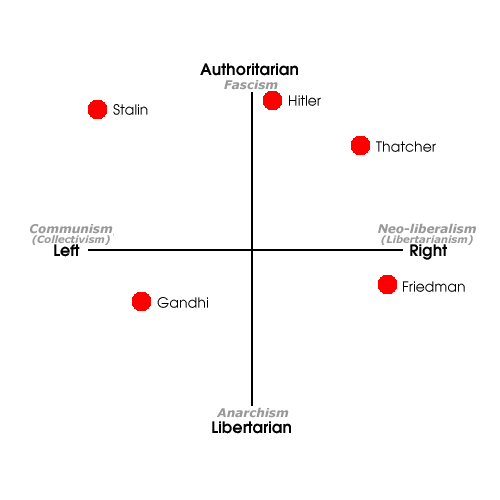In the last eight months, I have met and read about many talented and idealistic young people. A few of them have even said they would like to be Prime Minister of Australia or the leader of another country so that they could make real fundamental changes in the world.
We should feel encouraged by such passion and activism in society’s youth. For me, the first thing that comes to mind is ‘Too many cooks spoil the broth.’ My second thought is then, ‘That’s not really fair, Joan. Democracy isn’t like a kitchen. The more people engaged, the better.’
The third thought, which is there all the time, is ‘You’re on a bandwagon, Joan. It’s a tired old thing, naive and egotistical. Why don’t you get off and let the others save the world? There seem to be plenty of leaders out there, some of whom will be effective.’
These past few weeks, I’ve been thinking hard about why I’m an engineer. It often seems futile, designing sludge drying beds for water recycling or developing a green purchasing policy for a company. There are economic and technological systems that need reform out there. Can an engineer ever do more than tinker at the edges?
I was in bed on the edge of sleep and asking myself, ‘Why do you want to work on the big picture problems, Joan? Is it ego? You don’t trust anyone else to make the ‘right’ changes? You look down on the very necessary and difficult work of on-ground implementation? You don’t want to be a faceless worker bee?’
Then I imagined myself in a happy perfect world in which I didn’t have to strive for change. I think that day-to-day I would be content, dancing, visiting friends, eating, taking photos. But without an overarching life goal, I don’t think I would be satisfied.
I haven’t quite got it yet but it’s something to do with ‘meaning’ and ‘purpose’ There’s something about making a lasting, fundamental difference in the external world that motivates me. It is intrinsic in the fabric that makes up ‘Joan’. It might also be a search for approval but not (I believe) power and fame.
Understanding this makes me start to understand that others aren’t like me. Plenty of people go on with life without trying to change the world. I often get upset with these people (most of society). To me, it seems selfish to aim for nothing more than to earn enough money so that you can go on annual overseas holidays or have weekend parties or relax in the garden or buy a new car.
But maybe (surely) other people have different things that provide their lives meaning: religion, family, friends, travel and experiences, science and discovery, winning, playing, their business…
Still, I think that there are a lot of people who live their lives without meaning. Sam de Brito wrote about a woman who ‘started to cry as she spoke about the goat track her existence had become; a worn, weary path between bed, her desk at work, the couch, then bed again.’
Does my life goal to ‘make a difference’ make me morally superior than the person whose life goal is to ‘step foot in every continent of the world’ or ‘put my children through private school’?
Rationally, no. Intuitively, I still have trouble accepting that intelligent and caring people can be comfortable not acting on global issues of justice, equity, ecological damage, and the future. The corollary of that is that anyone who isn’t an activist cannot be intelligent or caring. Again, rationally, this can’t be true but… I still feel it.
I wonder how many formerly idealistic people are laughing at me now? Here I am, just another naive young thing waiting to be processed and brought down by real life.


